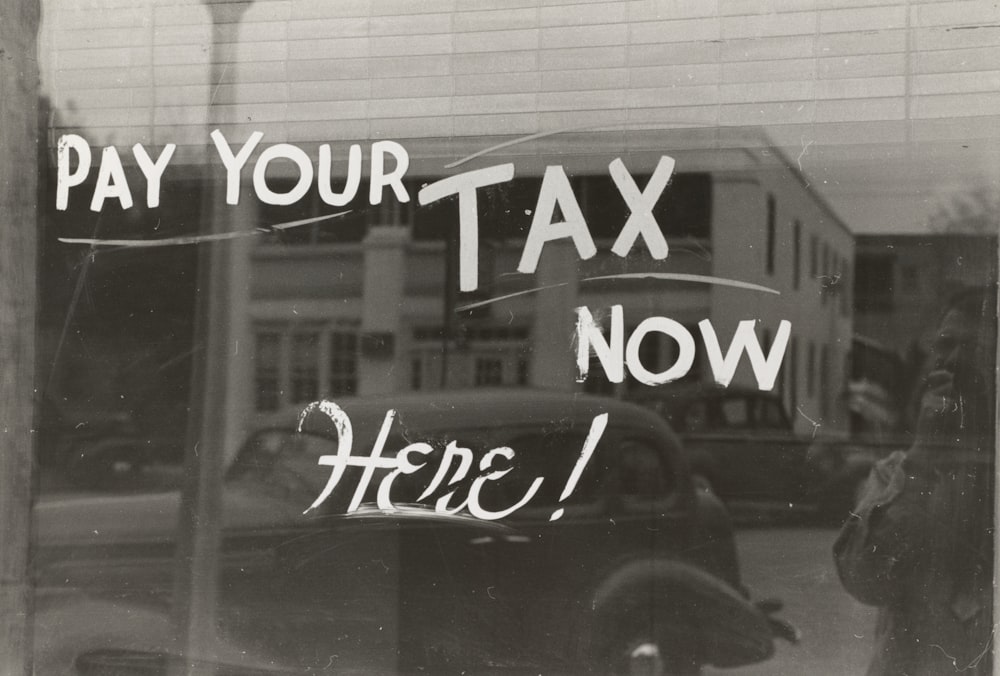
At the same time, personal income tax and VAT provide a significant share of receipts. However, there are countries in the world without income tax or those without VAT. We will tell you in detail about these unusual states and where they get funds from to finance health care, education, pensions, and other things.
TOP 5 countries with low VAT
VAT is a value-added tax and refers to indirect payments. It is included in the cost of almost all goods and services at all stages, from production to the provision of products to the final consumer. At the same time, at each stage, the price of the product (service) rises, since VAT is included in the cost price.
The highest rate applies in the following states:
- 27% – Hungary;
- 25% – Norway, Switzerland, and Denmark;
- 24.5% – Iceland.
The most “popular” rate – 20% is used in Russia, Ukraine, Bulgaria, and other countries. There are countries where VAT is not applied at all – these are the USA and Canada. It is replaced by another rate – sales tax. In the United States of America, each state sets the rate. The national average is 2-15%. In Canada, the standard federal sales tax rate is 5%. The percentage is estimated separately in each province – from 0% to 10%.
The lowest VAT rates in the following countries:
- UAE – 0%;
- Bahamas – 0%;
- Jersey Islands – 3%;
- Singapore – 7%;
- Japan – 8%.
Countries with no taxes
The income of the state treasury is taxes. It is therefore surprising that countries can afford to waive taxation of corporate profits. Such states become “tax havens” places where foreign investors and local entrepreneurs find it very profitable to do business.
One of the influential sources of income in many countries is the personal income tax. For example, in Russia, the standard tax rate on the income of resident individuals is 13%. Non-residents will pay 30%. Many world states do not use personal income tax at all:
- The United Arab Emirates.
- Sultanate of Oman.
- Qatar.
- Kuwait.
- The Cayman Islands.
- Principality of Monaco.
- Bahrain.
- Bermuda.
- The Bahamas.
- Andorra.
Qatar is one of the wealthiest countries in the world. Qatar is the leader in the world ranking of per capita income. The state was recognized as the most prosperous country in the world by the International Monetary Fund. Residents do not know what unemployment or poverty is. At the same time, there is free education, medicine, and no taxes on income. Life in Qatar is expensive. The only low prices are gasoline.
Natural oil reserves allowed Oman to abandon personal income tax and capital gains tax. From wages, residents of the country pay social contributions in the amount of 6.5%.
Cayman islands
Belong to an offshore jurisdiction. Here, new international companies are exempt from taxes on income, capital gains, dividends for 20 years from the date of registration, but provided that the company does not operate on the territory of the islands.
Also, there are no taxes:
- Income;
- At a profit;
- For sales;
- For capital gains;
- For inheritance;
- On the property.
The state treasury is provided with stamp duty, customs duties, and mandatory contributions from international companies for maintaining an active state. The attraction of the Cayman Islands is that it is the center of the global offshore banking system. Six hundred banks are operating here.
The British Virgin Islands
Only foreign companies are allowed not to pay taxes in full. Social contributions are paid by local enterprises and foreign employers if they hire BVI citizens at a rate of 8.5%. In this case, the fee is taken only on the amount exceeding $ 10 thousand.
There is a land tax, a flat rate of $ 50 per acre. The transaction for the transfer of land to ownership is taxed. And a rate of 12% of the cadastral value of the site. The usual taxes are not levied here. And there is no personal income tax, corporate tax, or VAT.
Where do the countries get their profits?
Countries that do not levy most of the generally accepted taxes are among the richest in the world. Therefore, the question arises: “What sources of income provide a high standard of living of the population, social security of citizens?” The origin of the funds is different.
Thus, in Kuwait, 95% of the budget is replenished from the income from the sale of oil and oil products. The source of the United Arab Emirates’ wealth is the same oil, as well as the export of precious stones, gold, and jewelry. The basis of Qatar’s wealth is its huge reserves of natural gas (which are the third-largest in the world). Competent organization of infrastructure and large investments in the gas industry allowed Qatar to become the richest country in the world with a GDP per capita of USD 88,000.
The Bahamas receive income from offshore cash deposits, tourism, and high state duty on imported goods. An insignificant amount of income is provided by property tax at a rate of 1% and social charges – 5.9% from the employer. Self-employed people spend 8.8% of their income on the national insurance system.
A comfortable life for the Principality of Monaco is provided by wealthy immigrants from all over the world – 4 out of 5 residents of the state are newcomers. To settle here, you need to place a deposit of at least 500 thousand euros in a local bank or invest the same amount in real estate. It will not work to buy property in the principality for half a million euros. The cost of the objects starts at 1 million euros. A good income for the country is brought by a casino, in which only foreigners are allowed to play.

